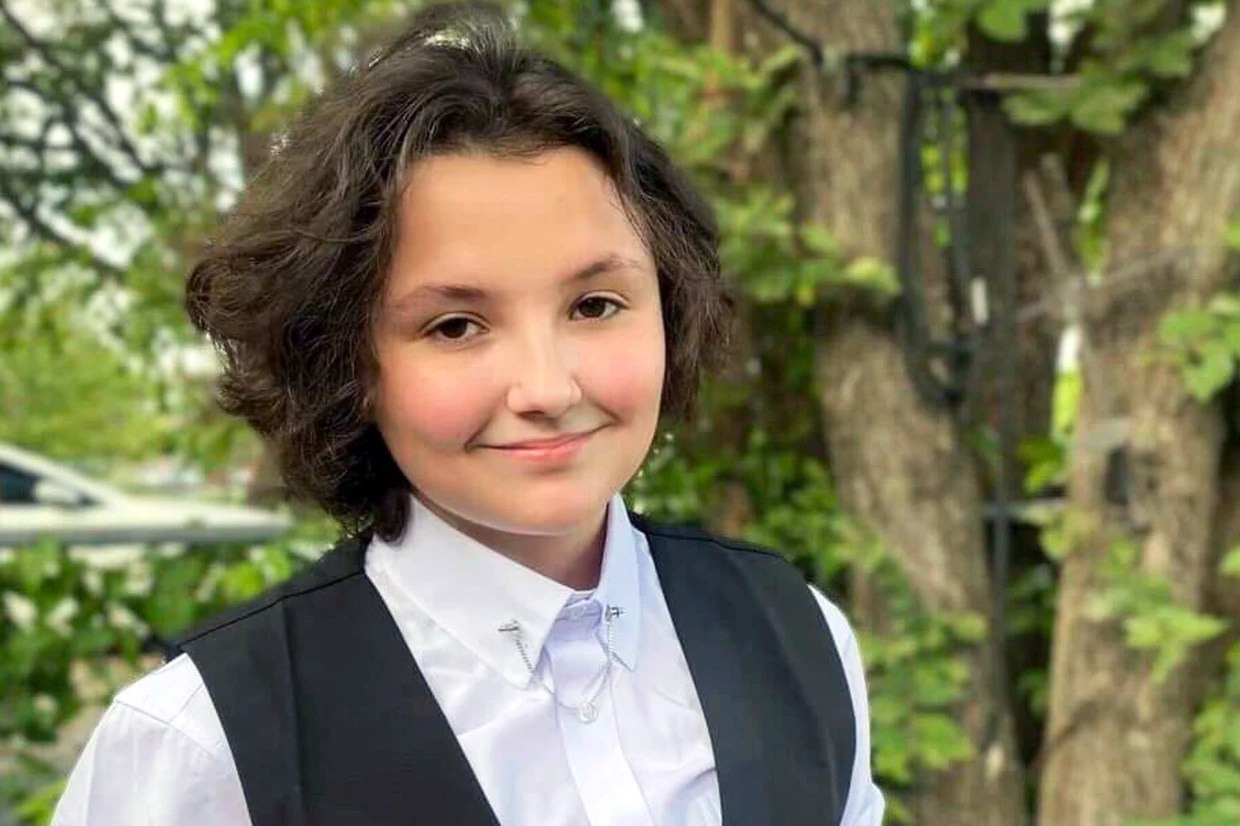
Republican legislators in Kansas are close to banning gender-affirming care for minors over the Democratic governor’s expected veto after winning over previously skeptical GOP colleagues, fueling fears that success will encourage further attempts to roll back transgender rights.
Supporters were confident Thursday that the Republican-controlled Senate would approve a bill that would bar health care providers from treating a child’s gender dysphoria with puberty blockers, hormone treatments and surgery and strip doctors who violate the ban of their licenses. But GOP leaders wanted to send the bill to Gov. Laura Kelly with the two-thirds majority necessary to override her veto later, and so after planning a final vote for Thursday, they canceled it in hopes of rewriting some of its language to lock in the last vote.
Watch NBC6 free wherever you are
“It's close enough,” said Senate President Ty Masterson, a Wichita-area Republican, predicting final passage next week.
The bill already passed the GOP-controlled House on Wednesday, so the Senate’s approval would send it to Kelly.
Get local news you need to know to start your day with NBC 6's News Headlines newsletter.
At least 23 other states with Republican legislatures have restricted or banned gender-affirming care for minors. Kansas lawmakers attempted to pass a ban last year, but GOP supporters in the Senate failed to override Kelly’s veto of a bill last year by a single vote — and three Republicans voted “no” then.
Republicans said the issue is making sure that minors receiving hormone treatment now can phase out those treatments, rather than stopping them immediately, in part to avoid legal problems. Senators would have to get the House to vote to agree on any change.
That decision to try to lock in a two-thirds majority in the Senate before a veto after supporters had a net gain of 12 votes in favor of a ban Wednesday compared with the vote on it last year. Including supporters who were absent Wednesday, backers appeared to have a two-thirds majority in the House.
“When I was out and about last summer and last fall, and the number of emails and the number of calls that I had, I didn’t have a single one tell me to vote the same as I did last year,” state Rep. Susan Concannon, a Republican from western Kansas, said Thursday.
While supporters say they’re concerned about protecting children, the Kansas bill has stoked fears among transgender adults and LGBTQ+ advocates that GOP lawmakers will follow other GOP-led states and seek more restrictions next year.
While Ohio’s state government last month backed off limiting care for adults, a 2023 Florida law aimed at care for children also restricted care for adults — as did a short-lived Missouri rule.
“The goalposts are not firm,” said Iridescent Riffel, a 27-year-old transgender Lawrence resident and LGBTQ+ rights activist who’s worked against the bill. “They will always continue to be moved further and further right.”
Opponents of such restrictions in Kansas already have promised a legal challenge if they are enacted. Courts elsewhere have blocked enforcement of bans in Arkansas, Idaho and Montana but allowed their enforcement in Alabama and Georgia.
Laws restricting or banning gender-affirming care are out of step with the recommendations of major U.S. medical groups, including the American Medical Association and the American Academy of Pediatrics. And providers of the care say it saves lives by lessening depression and anxiety that can lead to suicide.
Young transgender adults and parents of transgender or non-binary children from Kansas further told lawmakers that gender-affirming is vital to their health, adding that providers didn’t rush their decisions and were clear about potential side effects.
Anthony Alvarez, a 20-year-old transgender University of Kansas student, said he had to wait several months after a doctor was willing to prescribe his testosterone treatments to undergo an additional evaluation to confirm he was sure about wanting them.
He had looked forward to his voice deepening and growing facial hair and hopes to have the double mastectomy known as “top surgery” in December. He said he’s much happier since his transition because the depression and anxiety that marked his life before have waned.
“Those aren’t things that are causing the gender dysphoria. They’re being caused by the gender dysphoria — the reaction to a world that is kind of hostile towards you,” he said in an interview.
Yet Republican lawmakers portray puberty blockers and hormone treatments as too risky for children. Top Republican House leaders in Kansas said in a statement Wednesday that they were preventing irreversible harm from “experimental” treatments.
The bill's backers cited a statement this week from the National Health Service in England, saying “there is not enough evidence” that puberty blockers are safe and effective to “make the treatment routinely available,” something U.S. care providers dispute. The NHS statement followed a temporary policy the NHS set last year.
In a meeting of GOP senators early Thursday, Senate Health Committee Chair Beverly Gossage, a Kansas City-area Republican, led a short briefing on the bill with, “It’s talking about children.”



